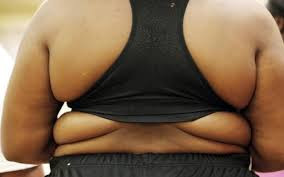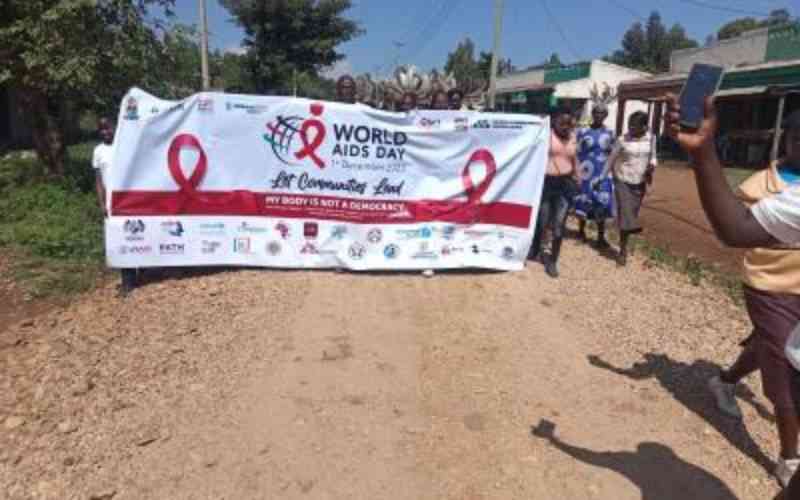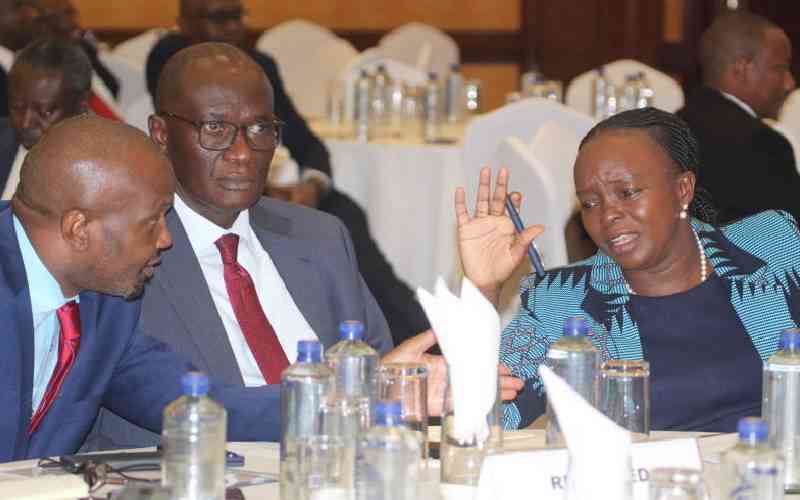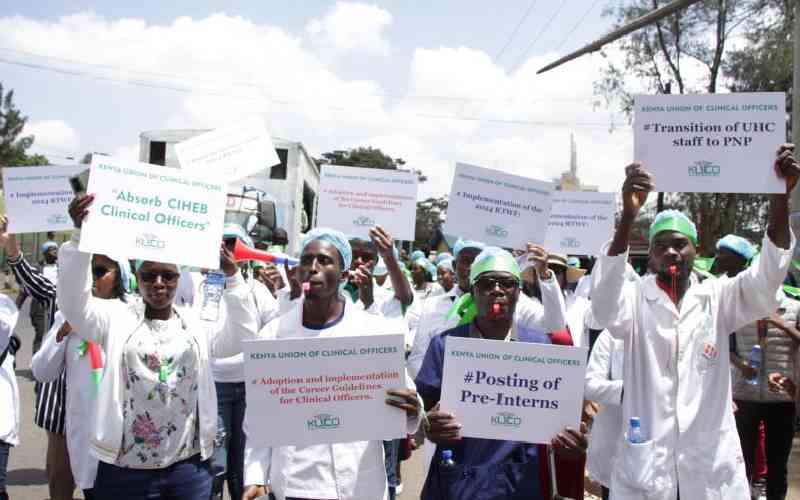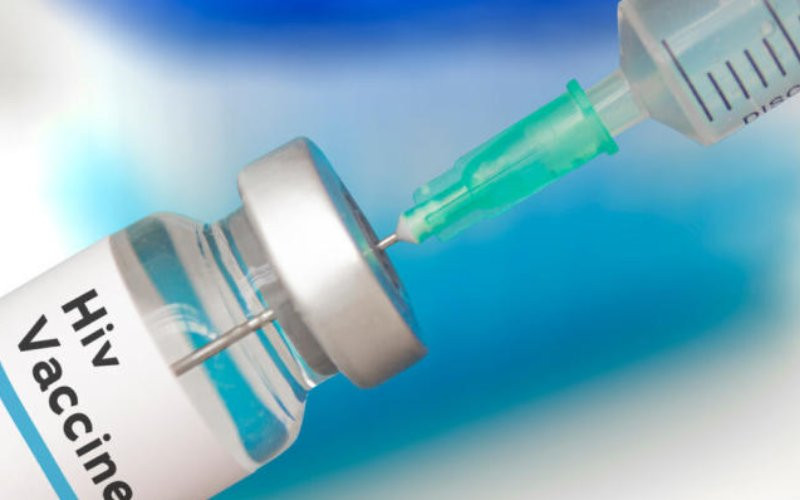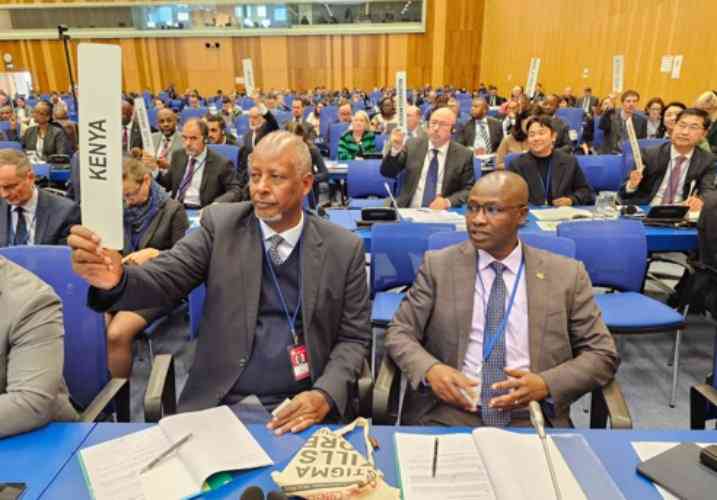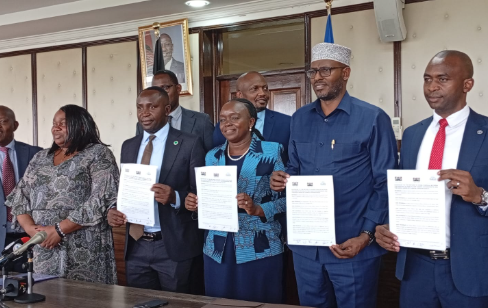
The first field trial of a new typhoid vaccine that can be used in young children provides protection for 81.6 per cent of recipients, opening the door to better control of a disease that affects 11 million people each year and kills roughly 117,000.
The test in Nepal “provides the first evidence of the level of impact and the potential for improving the health of children in some of these very vulnerable populations around the world,” lead author Andrew Pollard of Oxford University in the UK told Reuters Health in a telephone interview.
Preventing typhoid has become particularly important because some strains, particularly in South Asia, are becoming resistant to antibiotics. Pakistan is currently in the midst of an antibiotic-resistant typhoid outbreak.
There are two existing typhoid vaccines. One comes in a capsule that is too large for younger children to swallow, so it is for youngsters over age 6. The other, delivered as an injection, doesn’t work in children under age 2.
As a result, people from Western countries who have young children and travel to parts of the world where typhoid is a threat have to be particularly vigilant to make sure their children drink water that is properly boiled or filtered, and their food is properly prepared, Pollard said.
The new test, reported in the New England Journal of Medicine, involved children as young as 9 months. They will be followed for another year in an attempt to determine how long the vaccine protects against typhoid, a bacterial infection often spread through contaminated water in regions of the world with poor sanitation. Untreated, the disease can leave people sick for weeks or months. Children are particularly vulnerable.
Further two-year field tests are also underway in Bangladesh and Africa to gauge its effectiveness there.
The vaccine, known as TCV, has already been endorsed by the World Health Organization’s Global Advisory Committee on Vaccine Safety based in part on earlier tests at Oxford “where we vaccinated people and deliberately infected them with typhoid by asking them to drink typhoid in a bicarbonate solution. That demonstrated that the vaccine was protective,” said Pollard.
The results from Nepal show the vaccine can work in a setting where typhoid is common.
“I would call this new study more of an implementation and impact study,” he said. “These new studies are about providing confidence in the field about the way the vaccine could be introduced in vaccinating everyone from 9 months to 15 years of age, and it’s showing this huge impact.”
The TCV, or typhoid conjugate vaccine, was developed by Bharat Biotech International of Hyderabad, India. Except for donating some of the vaccine, sold under the brand name Typbar-TCV, Bharat was not involved in the test.
The vaccine was given to 10,005 children in Lalitpur, Nepal, where the disease is endemic. Another 10,014 were immunized against meningococcal disease (MenA) to serve as a control group. One dose was given. It took about a month for the vaccine to provide protection.
Potential cases of typhoid were identified among children who were reported to have a fever lasting at least two days during a visit to Patan Hospital or one of 18 clinics. Blood cultures were used to confirm the infection. Telephone calls at three-month intervals were used to identify additional cases and vaccination side effects.
While 38 children given meningococcal conjugate vaccine developed typhoid fever, there were only 7 cases among the youngsters given the TCV.
Reported adverse events were similar in both groups and the rate of vaccine-related fever within the first week after treatment was about 5 per cent in both groups.
The researchers chose the lower age limit of 9 months to coincide with the time when babies get their measles vaccinations.
The test was conducted by the Baltimore, Maryland-based Typhoid Vaccine Acceleration Consortium, a partnership between Oxford, the University of Maryland School of Medicine and the international nonprofit organization PATH.
 The Standard Group Plc is a multi-media organization with investments in media platforms spanning newspaper print
operations, television, radio broadcasting, digital and online services. The Standard Group is recognized as a
leading multi-media house in Kenya with a key influence in matters of national and international interest.
The Standard Group Plc is a multi-media organization with investments in media platforms spanning newspaper print
operations, television, radio broadcasting, digital and online services. The Standard Group is recognized as a
leading multi-media house in Kenya with a key influence in matters of national and international interest.

